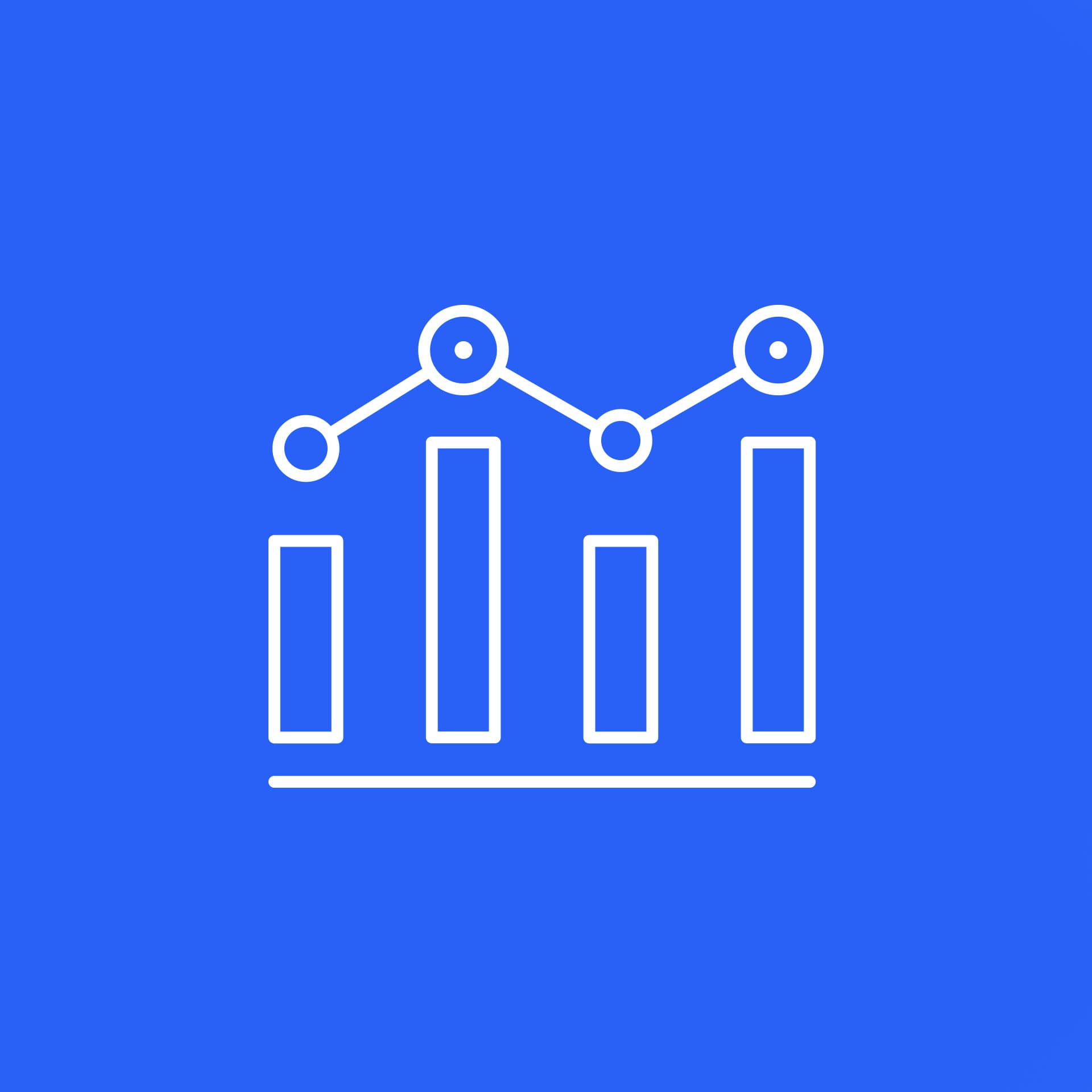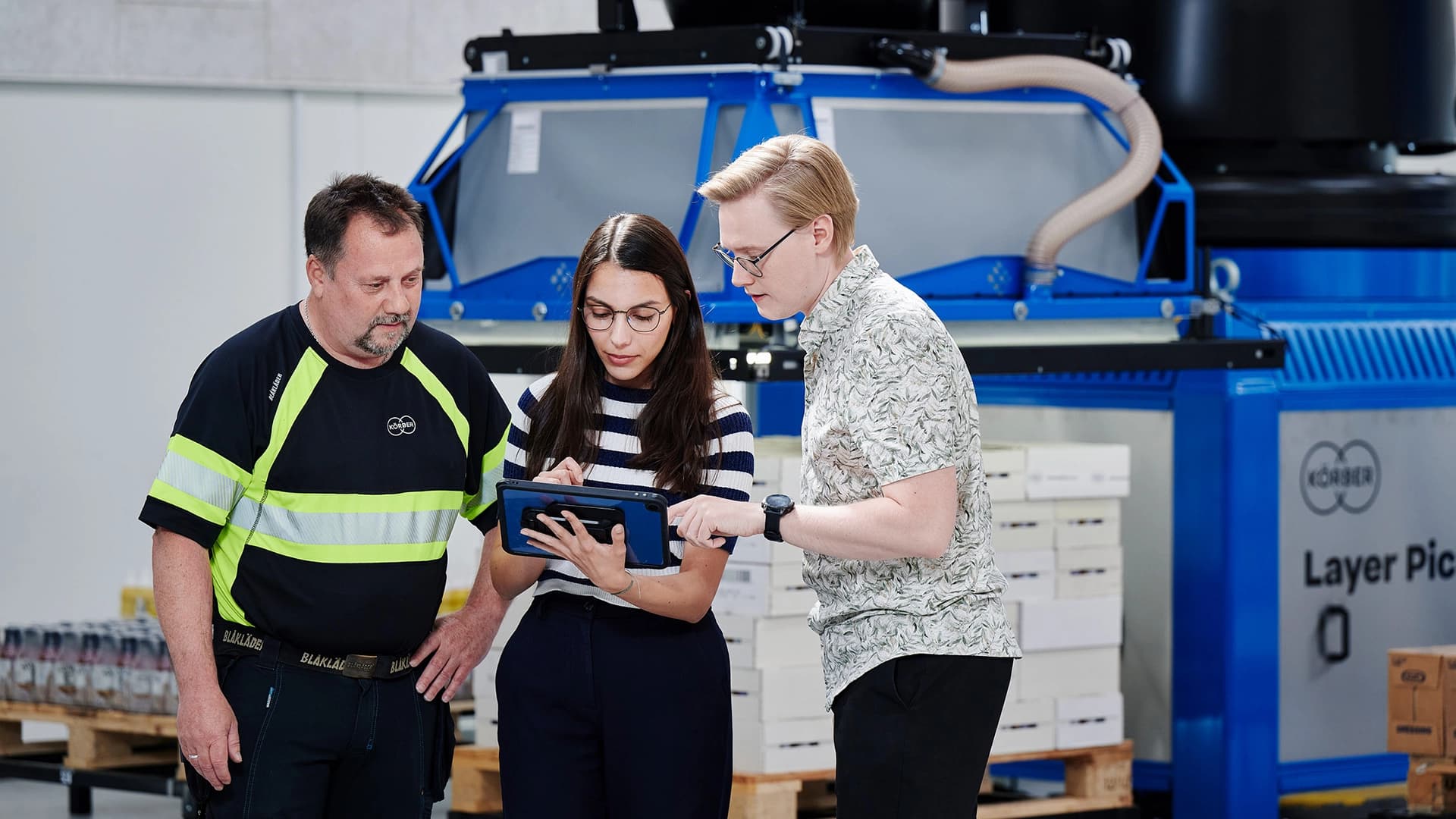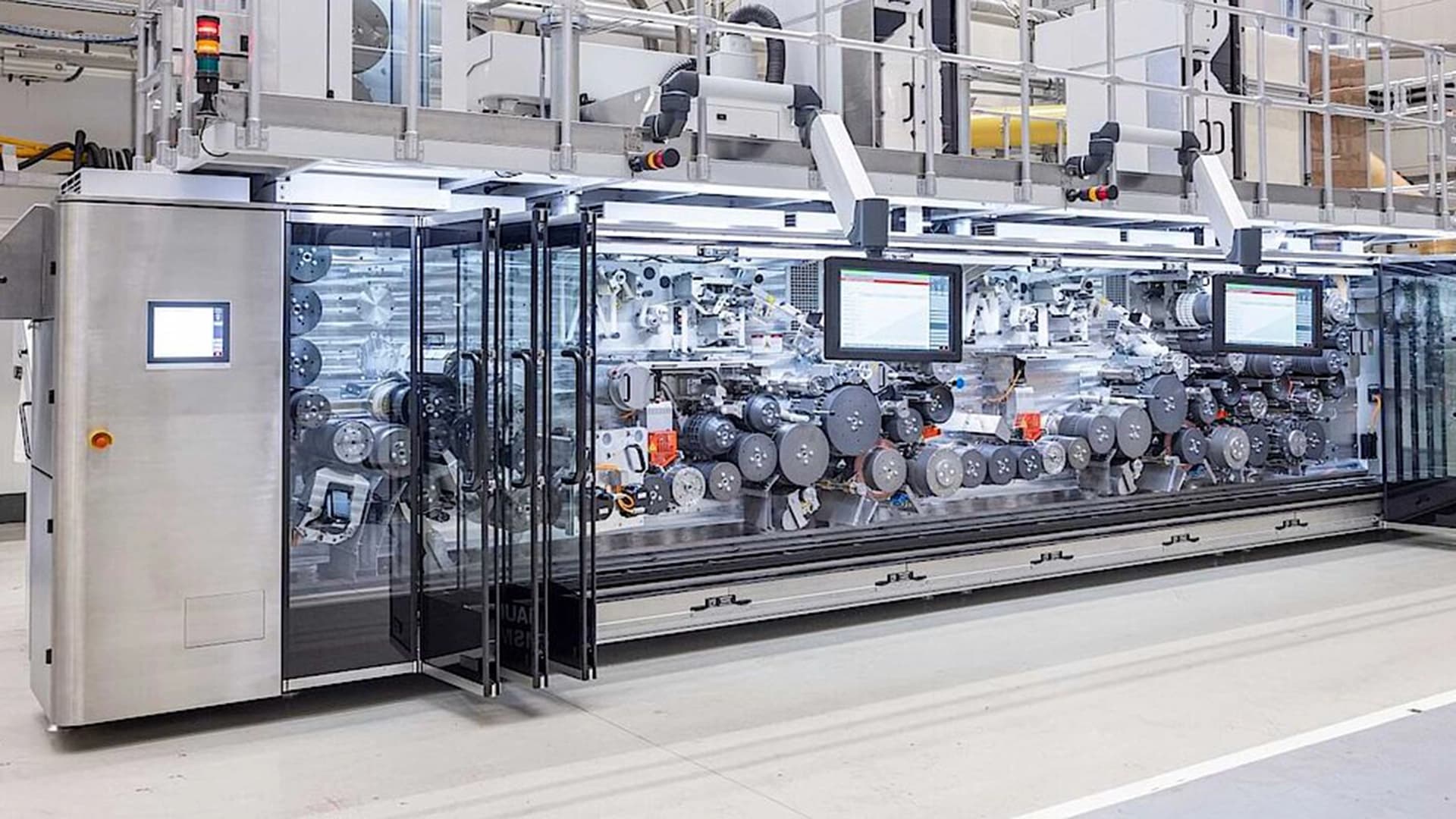- About us
- Key figures
Key figures: Körber’s financial performance at a glance
Our financial performance reflects how we’re growing, as a result of what we deliver for our customers. By investing in cutting-edge R&D and fostering entrepreneurial thinking, Körber drives technology innovation that empowers industries worldwide.

Körber facts and figures
Key figures 2024

Insights
Our industry expertise
Discover insights behind our bold ideas and cutting-edge technologies, solving today’s challenges and shaping tomorrow’s opportunities.


